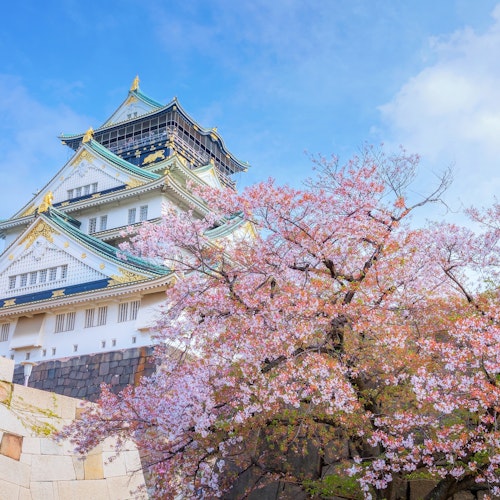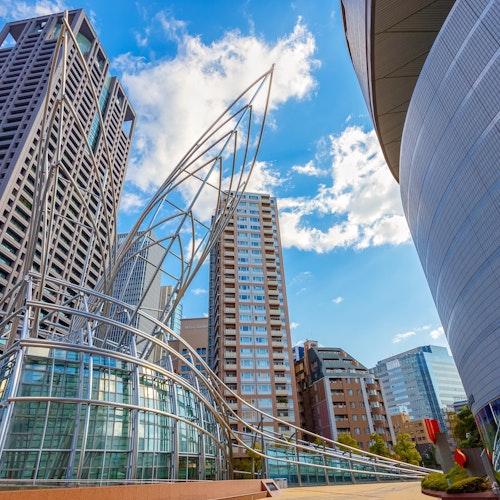Learn These Basic Japanese Phrases for Smooth Travel

- Mastering Basic Greetings: The Key to Friendly Interactions
- Politeness Matters: Essential Honorifics for a Respectful Conversation
- Asking for Directions: Getting Around Japan with Ease
- Key Phrases for Train and Bus Travel
- Accommodations in Japan: Essential Phrases for Hotels and Ryokans
- Health and Safety: Essential Phrases for Medical Emergencies
- Nightlife in Japan: Essential Phrases for Bars, Clubs, and Izakayas
- Conclusion
Planning a trip to Japan is an exciting adventure that promises to be filled with fascinating culture, awe-inspiring sights, and delicious cuisine. However, it's no secret that Japanese can be an intimidating language to learn, with its complex writing system, unique grammar, and countless honorifics. Don't let the language barrier deter you from enjoying all that Japan has to offer. With a little bit of effort, you can learn some essential Japanese phrases that will go a long way in making your trip more memorable and enjoyable.
In this guide, we'll take you on a linguistic journey through Japan and teach you the must-know words and expressions to speak like a local. From greetings and polite phrases to ordering food and asking for directions, we've got you covered. We'll also share some tips on pronunciation and give you a glimpse into the nuances of the Japanese language and culture. By the end of this article, you'll have the tools you need to connect with locals, explore with confidence, and truly immerse yourself in Japan's rich culture. So pack your bags, brush up on your hiragana, and get ready to experience Japan like a local!
Mastering Basic Greetings: The Key to Friendly Interactions
Japan is a country where politeness and respect for others are deeply ingrained in the culture. As such, learning how to greet others in Japanese is not only essential for communication but also for showing respect and building relationships. Whether you're meeting someone for the first time or thanking a shopkeeper, a warm greeting can go a long way in making a positive impression. Here are some common Japanese greetings you should know:
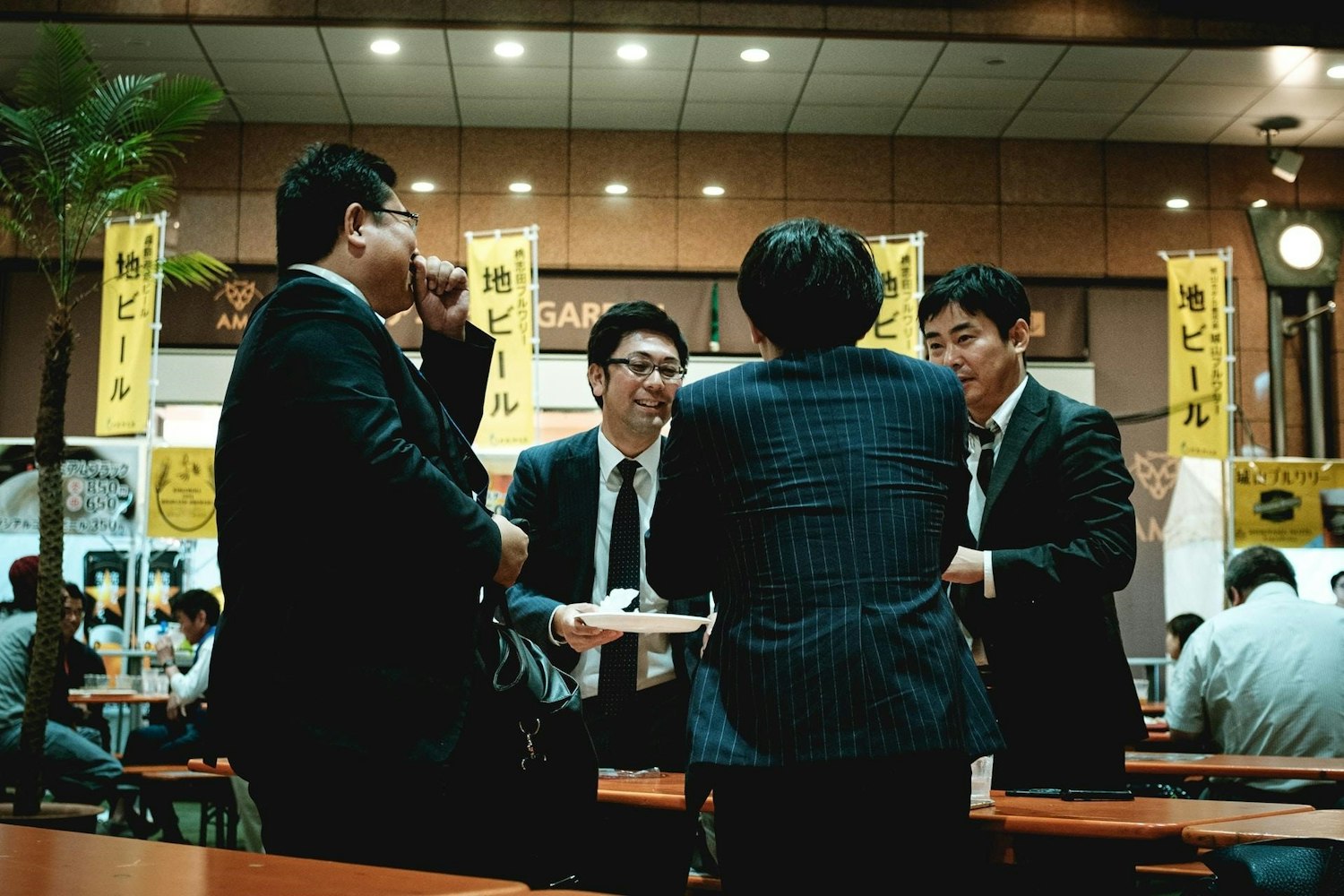
Common Japanese greetings
1. Konnichiwa - This is a standard greeting used throughout the day and can be translated as "hello" or "good afternoon." It's a safe and friendly greeting that you can use in any situation.
2. Ohayou gozaimasu - This is a greeting used in the morning, typically before 10 a.m. It can be translated as "good morning" or "ohayo" for short.
3. Konbanwa - This is a greeting used in the evening, typically after 6 p.m. It can be translated as "good evening."
4. Hajimemashite - This is a formal greeting used when meeting someone for the first time. It can be translated as "nice to meet you."
5. Sayonara - This is a farewell greeting that can be used at any time of the day. It can be translated as "goodbye" or "farewell."
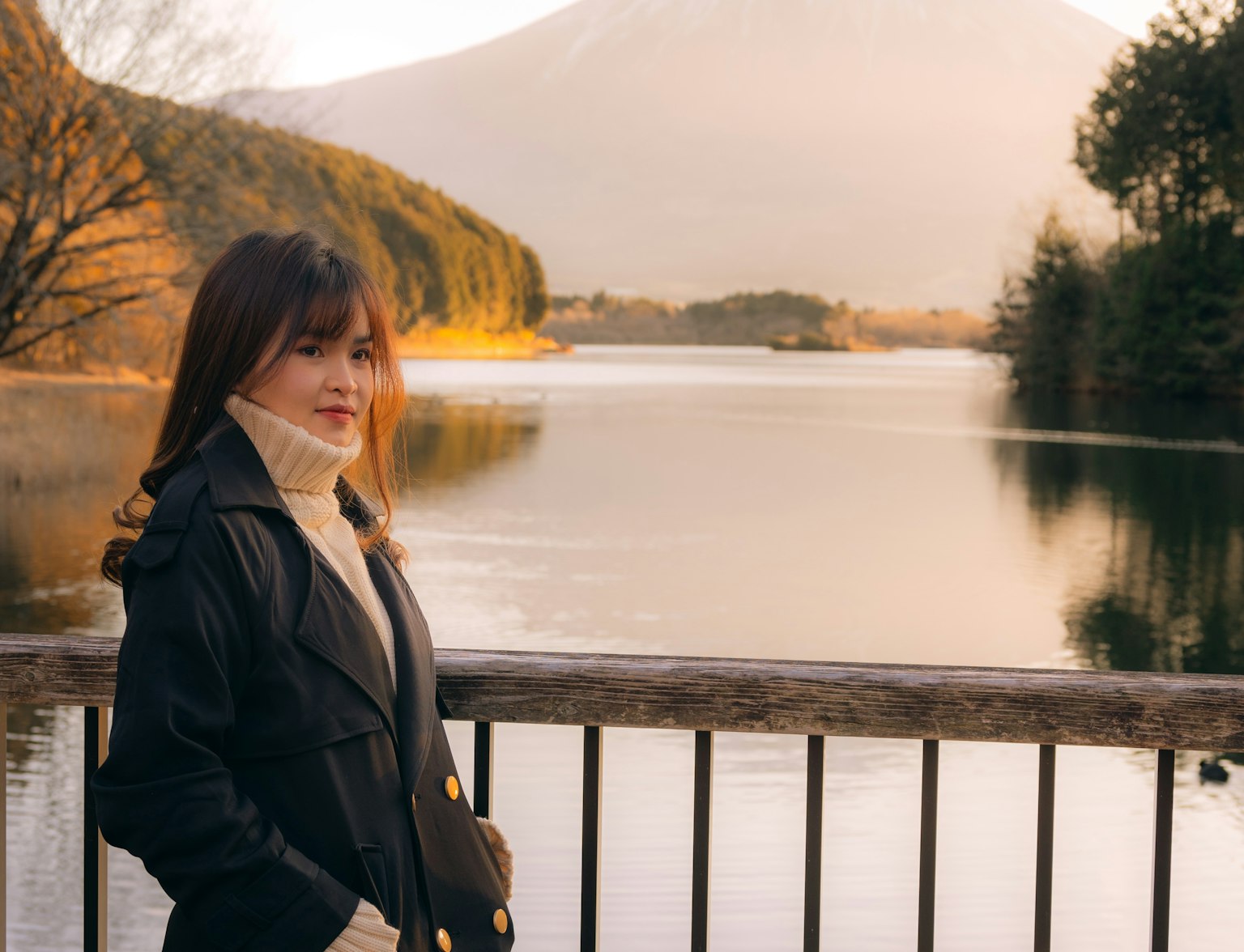
Say "konnichiwa" to Mt. Fuji during an exclusive tour.
Tips for Proper Pronunciation and Usage
While learning these phrases is a great start, it's important to practice proper pronunciation to ensure that you're being understood. Japanese pronunciation can be tricky, especially for beginners, but with a little practice, you'll be able to master it. Here are some tips to help you out:
Focus on the vowels - Japanese has five vowels, and they are pronounced differently than in English. Pay attention to the way they're pronounced and try to mimic the sounds as closely as possible.
Emphasize the right syllables - Japanese has a rhythmic structure that emphasizes certain syllables. Pay attention to where the emphasis is placed and try to replicate it.
Listen to native speakers - The best way to improve your pronunciation is to listen to native speakers and try to imitate their sounds. You can watch Japanese movies, listen to music, or even try to strike up a conversation with locals.
Politeness Matters: Essential Honorifics for a Respectful Conversation
In Japanese, honorifics are suffixes or prefixes added to a person's name or pronoun to denote their social status, relationship, or degree of familiarity. They can be used to show respect, politeness, humility, or intimacy, depending on the context. Here are some common honorifics you should know:
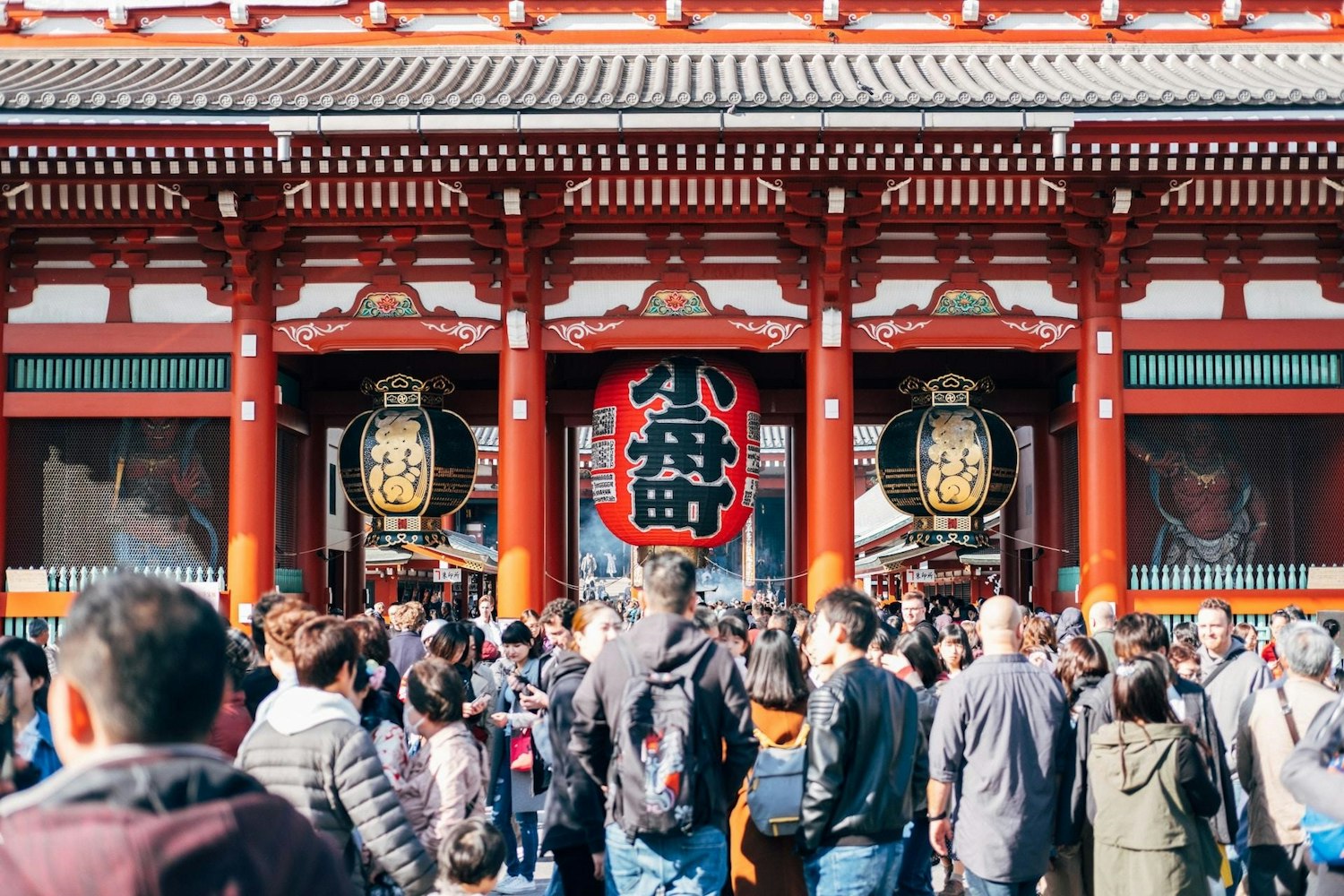
1. -san - This is a common honorific used to show respect and politeness to someone. It's the equivalent of "Mr." or "Ms." in English and is used with a person's last name or title.
2. -sama - This is a more formal and respectful honorific used to address someone of a higher status, such as a customer or client. It's the equivalent of "sir" or "madam" in English.
3. -chan - This is an affectionate and informal honorific used for children, close friends, or someone of a lower status. It's often used with first names and conveys a sense of familiarity and affection.
Examples and Usage
To give you a better idea of how honorifics are used, here are some examples:
1. Tanaka-san - This is a polite way of addressing someone with the last name Tanaka.
2. Oishi-sama - This is a formal and respectful way of addressing a customer or client named Oishi.
3. Yumi-chan - This is an affectionate and informal way of addressing a close friend named Yumi.
It's important to note that the usage of honorifics can vary depending on the context and the relationship between the speaker and the listener. For example, in a business setting, it's appropriate to use formal honorifics to show respect, while informal honorifics may be used in a casual setting with friends.
Ordering Food Like a Local: Essential Phrases for Japanese Restaurants
Japanese menus can be overwhelming, with countless dishes and ingredients you may not recognize. However, with a few key phrases, you can navigate menus with ease and order the perfect dish for your taste buds. Here are some essential phrases for ordering food:
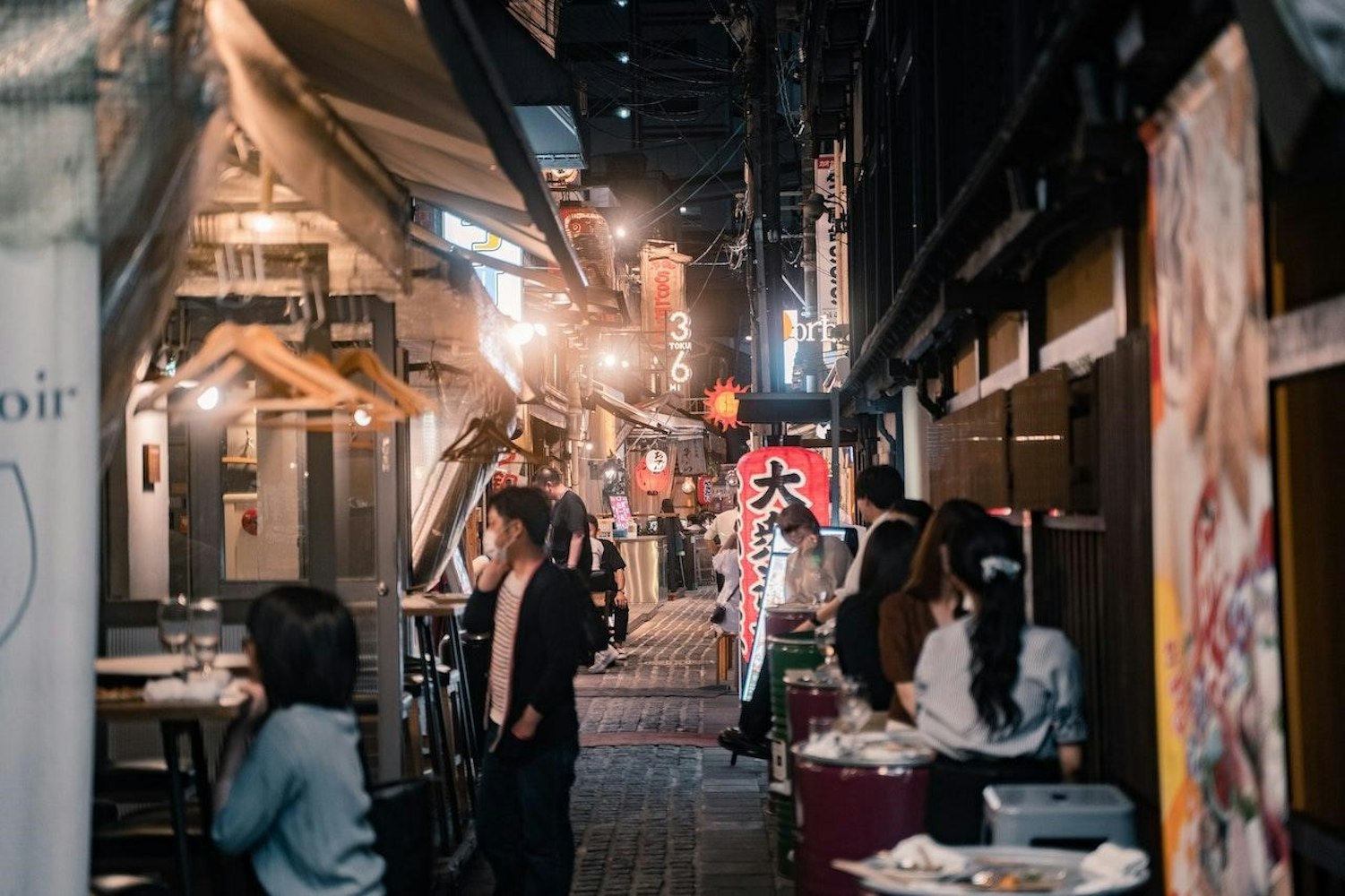
1. Kore o kudasai - This phrase means "Please give me this." Use it to point to a dish on the menu that you'd like to order.
2. Ichi mai, futatsu, mittsu - This means "one, two, three" in Japanese. Use this to indicate the number of orders you want to make for the dish.
3. Sumimasen - This phrase means "Excuse me." Use it to call the attention of the waiter or waitress to take your order.
4. Gochisousama deshita - This phrase means "Thank you for the meal." Use it to express gratitude after finishing your meal.
Asking for Recommendations and Dietary Accommodations
If you're unsure of what to order or have dietary restrictions, don't hesitate to ask the waiter or waitress for assistance. Here are some phrases you can use:
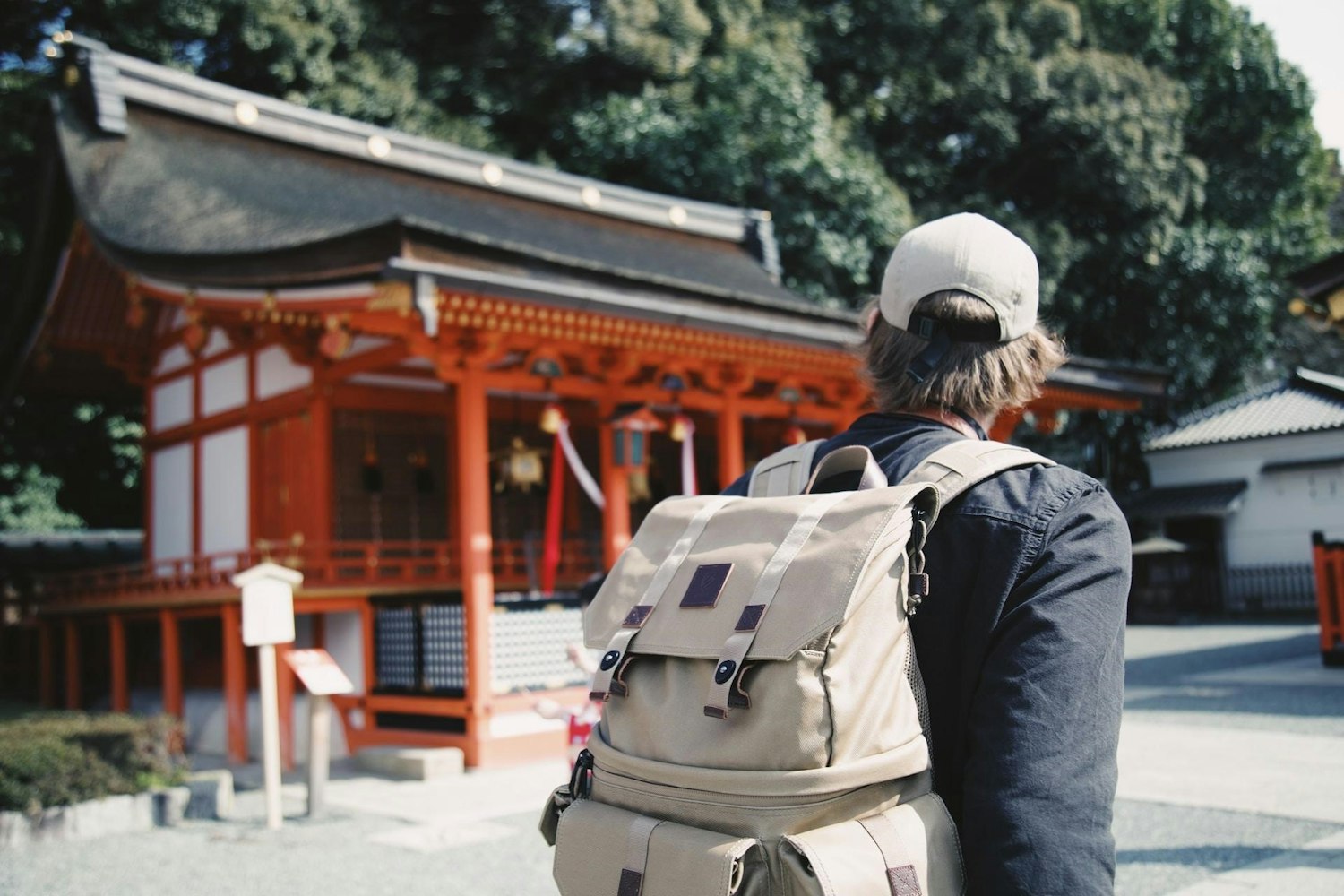
1. Osusume wa nanidesu ka? - This phrase means "What do you recommend?" Use it to ask for the restaurant's recommendation.
2. Nani ga osusume desu ka? - This phrase means "What do you recommend?" Use it to ask for the waiter or waitress's personal recommendation.
3. Karei wa arimasu ka? - This phrase means "Do you have any dishes with flounder?" Use it to ask if the restaurant has a particular ingredient you're interested in.
4. Watashi wa bejitarian desu - This phrase means "I am a vegetarian." Use it to inform the waiter or waitress of your dietary restrictions.
Politeness in Dining
In Japan, dining etiquette and politeness are highly valued. Here are some phrases you can use to show your appreciation and respect for the food and culture:
1. Oishii desu - This phrase means "It's delicious." Use it to express your enjoyment of the food.
2. Gochisousama deshita - This phrase means "Thank you for the meal." Use it to express gratitude after finishing your meal.
3. Onegaishimasu - This phrase means "Please" and can be used when ordering, asking for the bill, or making a request.

Try your Japanese skills with this food tour.
Asking for Directions: Getting Around Japan with Ease
Getting around Japan can be a fun and exciting adventure, but it can also be a little intimidating if you're not familiar with the language or the area. That's why knowing how to ask for directions in Japanese can be extremely helpful. Here are some phrases you can use:
1. Sumimasen - This phrase means "Excuse me." Use it to get someone's attention and ask for directions.
2. Doko desu ka? - This phrase means "Where is it?" Use it to ask for the location of a place or landmark.
3. Eki wa doko desu ka? - This phrase means "Where is the station?" Use it to ask for the location of the nearest train or subway station.
4. Michi o oshiete kudasai - This phrase means "Please show me the way." Use it to ask someone to guide you to a location.
5. Kono hen wa dou desu ka? - This phrase means "How is this area?" Use it to ask for someone's opinion on the surrounding area.
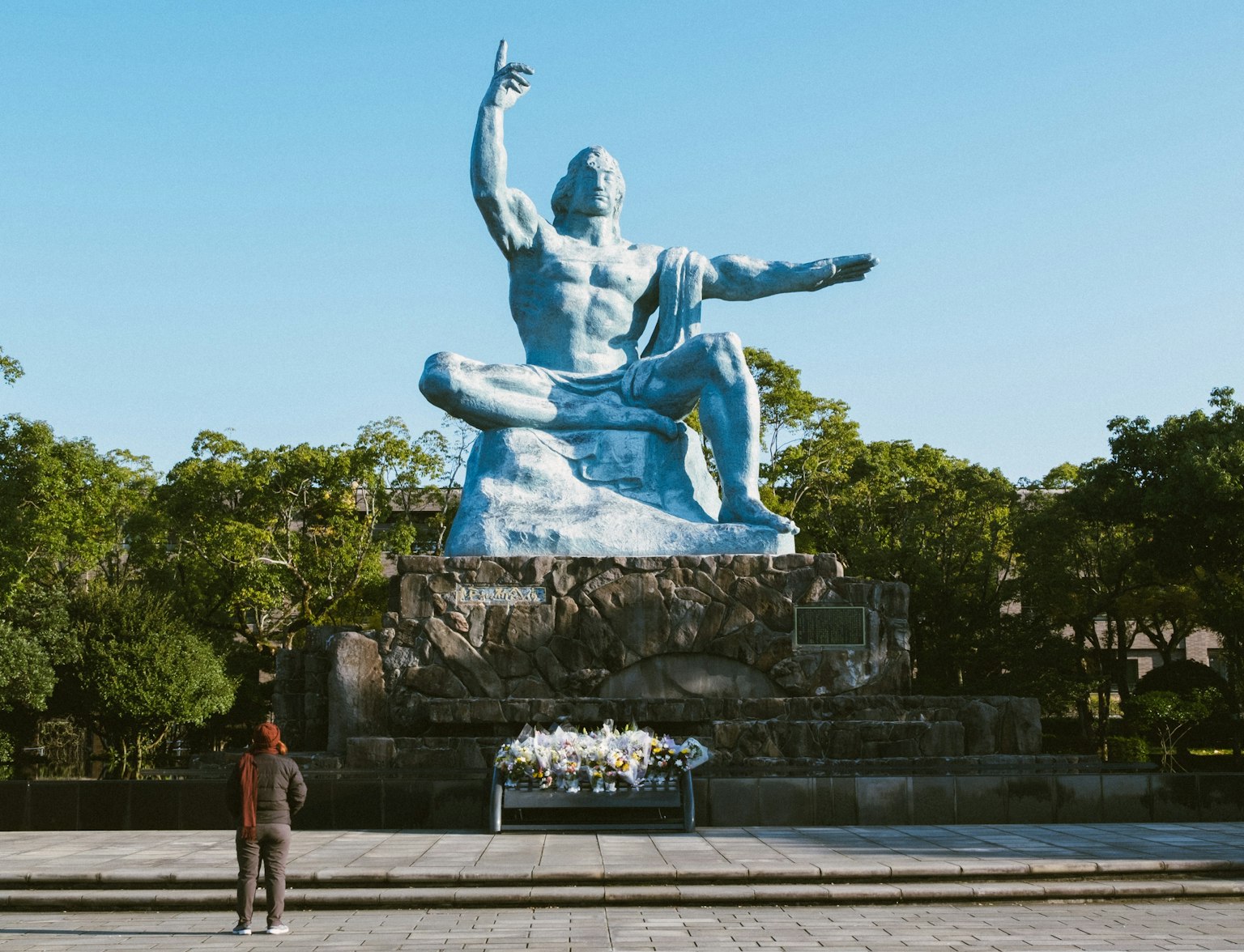
Practice your learnings while having self-guided audio tour.
Understanding Common Responses
When asking for directions, it's essential to understand the common responses and gestures. Here are some common responses you may hear:
1. Mae ni susunde kudasai - This phrase means "Please proceed straight ahead." Use it when you need to continue walking in the same direction.
2. Migi/hidari ni magatte kudasai - This phrase means "Please turn right/left." Use it when you need to change direction.
3. Go-sen go-mei mae desu - This phrase means "It's in front of the 5th intersection." Use it when providing directions to a location.
4. Sore wa chotto chikaku desu - This phrase means "It's a little bit close by." Use it when describing the proximity of a location.
5. Mousukoshi tooku desu - This phrase means "It's a little bit further." Use it when describing the distance to a location.
It's important to note that some people may not be able to provide detailed directions in English, so it's a good idea to have a map or GPS device handy. Additionally, Japanese addresses can be challenging to navigate, so be sure to clarify the exact location and spelling.
Essential Phrases for the Japanese Marketplace
Japan is known for its unique and diverse shopping culture, from modern shopping malls to traditional street markets. Shopping in Japan can be an exciting experience, but it can also be overwhelming if you're not familiar with the language or customs.
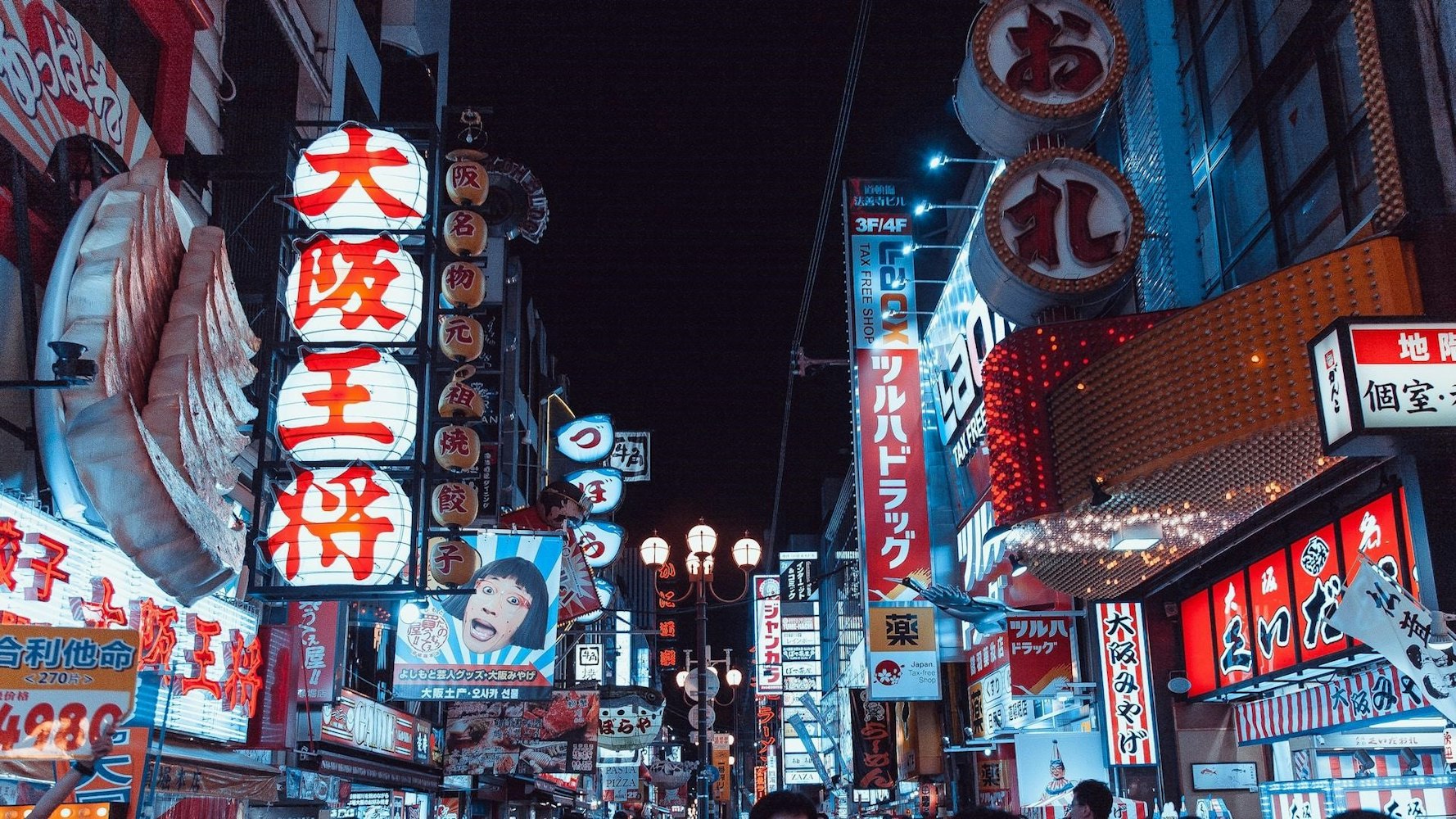
Key Phrases for Shopping and Bargaining
1. Ikura desu ka? - This phrase means "How much is it?" Use it when asking for the price of an item.
2. Koko wa nanidesu ka? - This phrase means "What is this place?" Use it when asking about the type of store or market.
3. Kore wa ii desu ka? - This phrase means "Is this good?" Use it when asking for the quality of an item.
4. Kore o kaite kudasai - This phrase means "Please wrap this up." Use it when purchasing an item and asking for it to be wrapped.
5. Sumimasen, chotto yasukudekimasu ka? - This phrase means "Excuse me, can you make it a little cheaper?" Use it when bargaining for the price of an item.
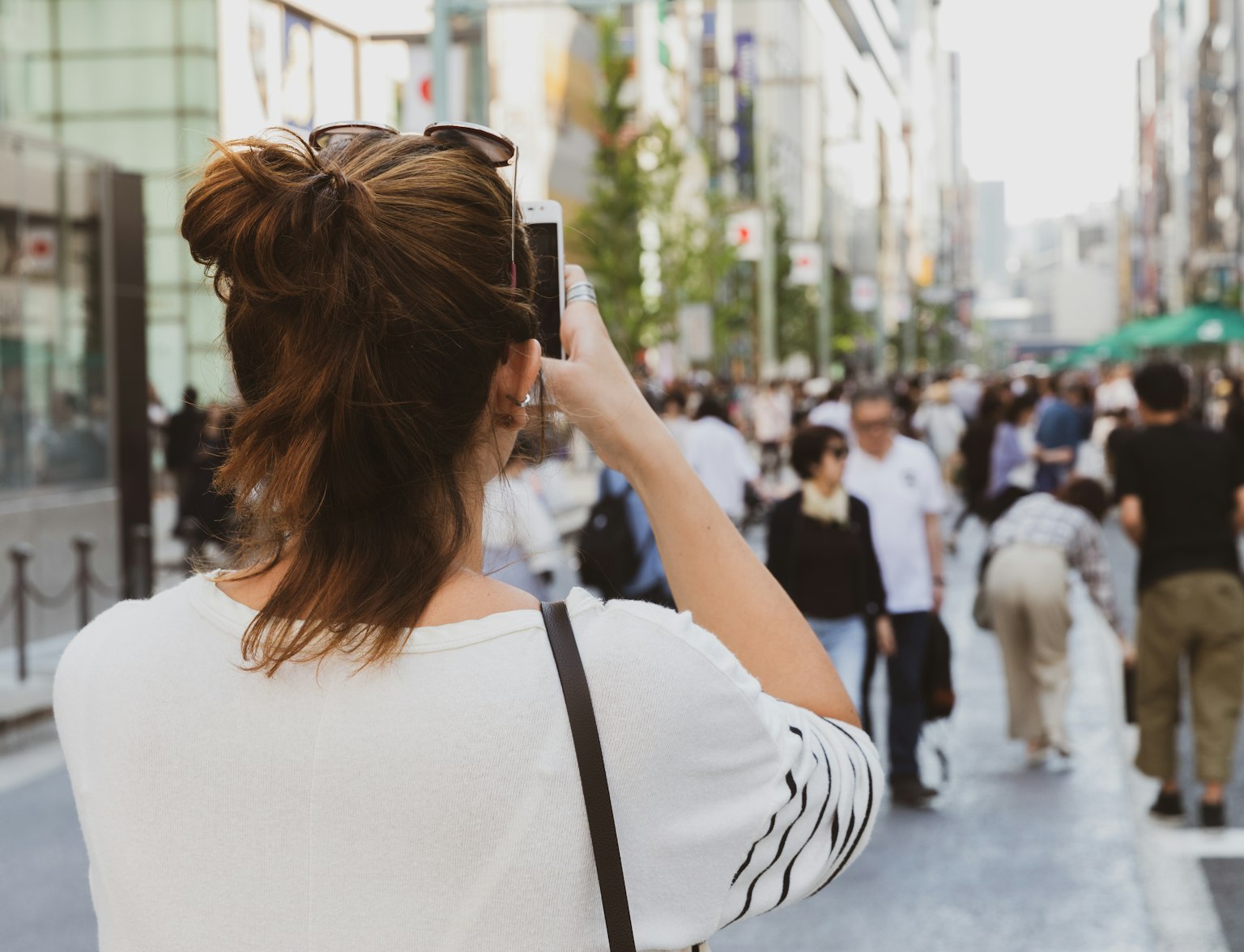
Speak like a local, shop like a local!
Key Phrases for Train and Bus Travel
Navigating the public transportation system can be a little intimidating if you're not familiar with the language or the system, but learning a few key phrases can make a huge difference. Here are some phrases you can use:

1. Eki wa doko desu ka? - This phrase means "Where is the station?" Use it to ask for the location of the nearest train or subway station.
2. Basu wa doko desu ka? - This phrase means "Where is the bus stop?" Use it to ask for the location of the nearest bus stop.
3. Kippu wa ikura desu ka? - This phrase means "How much is the ticket?" Use it to ask for the price of a ticket.
4. Toire wa doko desu ka? - This phrase means "Where is the restroom?" Use it to ask for the location of the nearest restroom.
5. Tsugi no eki wa nanidesu ka? - This phrase means "What is the name of the next station?" Use it to ask for the name of the next station on a train or subway line.
Accommodations in Japan: Essential Phrases for Hotels and Ryokans
Finding the right accommodation is essential to your overall experience when visiting Japan. With a wide range of options, including Western-style hotels and traditional Japanese inns, or ryokans, knowing how to communicate with staff can help ensure a smooth and enjoyable stay.
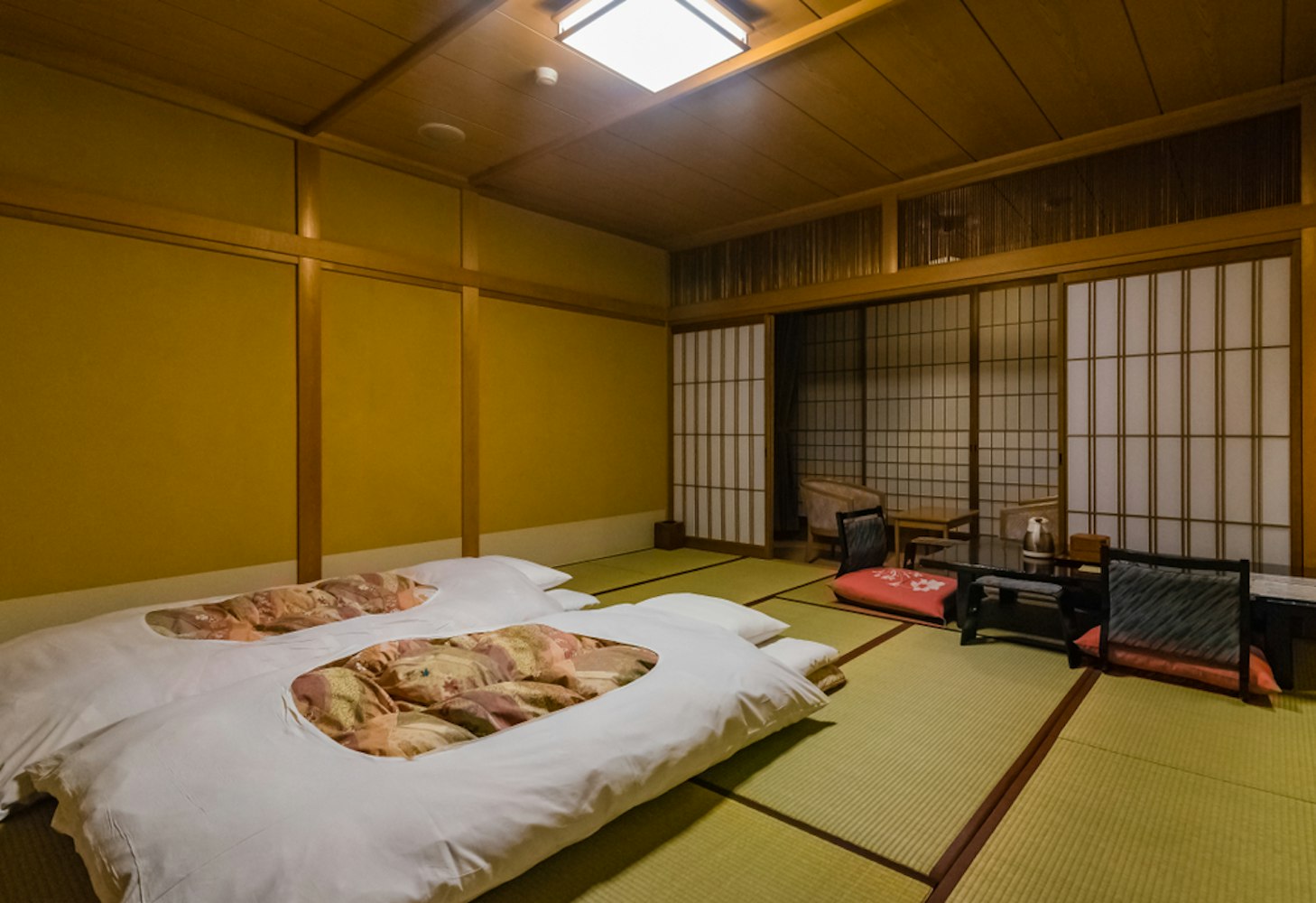
Key Phrases for Booking, Checking In, and Checking Out
1. Heya o shiraberu - Use this phrase to inspect the room before checking in. It means "I would like to check the room."
2. Yoyaku o shita heya wa arimasu ka? - Use this phrase to confirm your reservation upon arrival. It means "Do you have my reservation?"
3. Check-in wa nanji desu ka? - Use this phrase to confirm the check-in time. It means "What time is check-in?"
4. Checkout wa nanji desu ka? - Use this phrase to confirm the check-out time. It means "What time is check-out?"
5. Okane wa doko de arimasu ka? - Use this phrase to ask about payment options. It means "Where can I pay?"
6. Heya ga hoshii desu - Use this phrase to request a room. It means "I would like a room."
7. Dareka imasu ka? - Use this phrase to ask if there is someone who speaks English. It means "Is there anyone who speaks English?"
Health and Safety: Essential Phrases for Medical Emergencies
When traveling to a foreign country, it's important to prioritize your health and safety. In the event of a medical emergency, knowing how to communicate effectively with healthcare providers can be critical. Here are some phrases you can use:

1. Byouin wa doko desu ka? - Use this phrase to ask for the location of the hospital. It means "Where is the hospital?"
2. Kyuukyuusha wo yonde kudasai - Use this phrase to call an ambulance. It means "Please call an ambulance."
3. Byouin ni tsurete itte kudasai - Use this phrase to request assistance getting to the hospital. It means "Please take me to the hospital."
4. Byouin ga suwarimasen - Use this phrase to request a seat at the hospital. It means "Can I have a seat?"
5. Watashi wa kibou wo motteimasu - Use this phrase to express hope for recovery. It means "I have hope."
Nightlife in Japan: Essential Phrases for Bars, Clubs, and Izakayas
Japan is known for its bustling nightlife, with countless bars, clubs, and izakayas (Japanese-style pubs) to choose from. However, navigating the social scene can be challenging without knowing the proper phrases and etiquette. Here are some phrases you can use:
Key Phrases for Ordering Drinks and Socializing
1. Osake o kudasai - Use this phrase to order a drink. It means "Please give me sake."
2. Nomihoudai wa arimasu ka? - Use this phrase to ask if the bar or club offers an all-you-can-drink option. It means "Do you have all-you-can-drink?"
3. Sumimasen, o-kaikei onegaishimasu - Use this phrase to ask for the bill. It means "Excuse me, can I have the bill please?"
4. Nihongo ga wakarimasen - Use this phrase to explain that you don't understand Japanese. It means "I don't understand Japanese."
5. O-genki desu ka? - Use this phrase to start a conversation with someone. It means "How are you?"

Let the waiter appreciate your "Osake o kudasai".
Conclusion
Mastering the essential Japanese phrases outlined in this article is a game-changer for any trip to Japan. Whether you're navigating public transportation, ordering food in a restaurant, or exploring the great outdoors, these phrases provide a solid foundation for communication and cultural understanding.
So whether you're planning your first trip to Japan or returning for another adventure, remember to brush up on these essential phrases. By speaking like a local and embracing the unique charm of Japan, you'll unlock a world of experiences that you'll never forget.
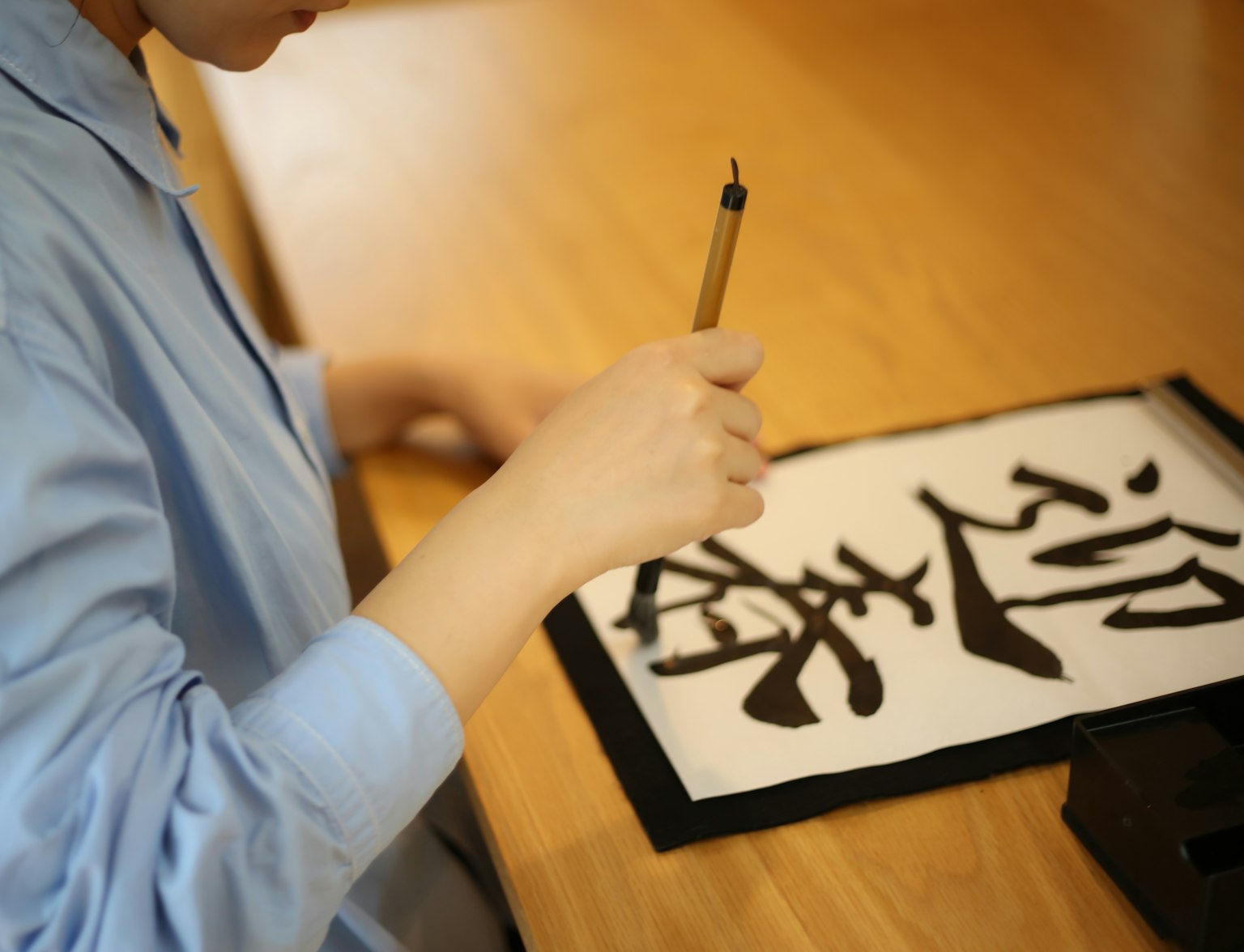
Enhance your knowledge in Japanese by learning how to write.
